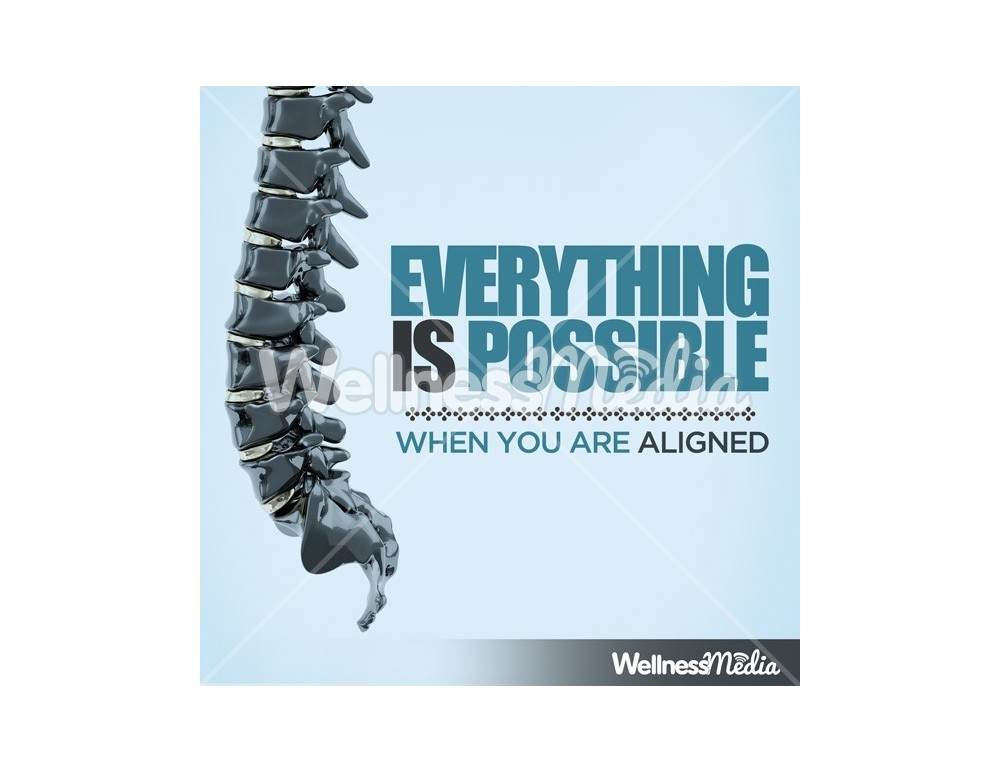Pain In The Back As A Sign Of Health: Common Problems And Their Signs And Symptoms Discussed
Pain In The Back As A Sign Of Health: Common Problems And Their Signs And Symptoms Discussed
Blog Article
Short Article By-Tyler Jensen
If you're experiencing neck and back pain, your body could be trying to tell you something more than just discomfort. The means your back feels can offer useful ideas regarding your general health. Understanding the details type of pain you're feeling and any type of accompanying symptoms is crucial to unwinding the mystery behind your discomfort. Let's discover the common conditions and signs connected with different kinds of pain in the back to shed light on what your body might be signaling.
Kinds Of Back Pain
When it involves pain in the back, there are numerous kinds that you might experience. One usual kind is muscle discomfort, commonly caused by overuse, stress, or injury to the muscles and ligaments sustaining the spine. This kind of discomfort can range from light pain to serious and debilitating discomfort.
Another kind is nerve pain, which can arise from problems like herniated discs or sciatica. Nerve discomfort typically offers as a sharp, shooting feeling that emits down the leg.
Joint discomfort in the back can come from problems like arthritis or sacroiliac joint dysfunction. This sort of discomfort is generally really felt in the reduced back and can be intensified by certain activities.
Furthermore, back pain can be associated with architectural problems such as back stenosis or vertebral cracks. Understanding the sort of pain in the back you're experiencing is crucial in identifying the proper treatment and administration approaches.
Common Manifestations to Expect
Relocating beyond the different sorts of neck and back pain, it is very important to identify the common symptoms that can signal underlying problems.
Relentless pain in the back that aggravates with activity or at night could indicate a much more serious problem. Numbness or prickling in the legs or feet, particularly when accompanied by weakness, may point to a nerve-related problem. If you experience abrupt weight-loss along with back pain, maybe an indicator of a much more systemic condition.
Pay attention to any adjustments in bladder or bowel function, as this could be connected to spine compression. High temperature, chills, or evening sweats together with pain in the back may indicate an infection. Keep an eye out for discomfort that emits down one or both legs, potentially indicative of sciatica.
Health And Wellness Issues Linked to Neck And Back Pain
If you deal with neck and back pain, it's vital to recognize the potential health and wellness conditions connected to this discomfort. https://www.asiaone.com/lifestyle/10-chiropractors-singapore-manage-pain-back-neck-and-more and back pain can be a sign of various underlying issues, including muscle mass stress, herniated discs, osteoarthritis, spine stenosis, and even conditions like kidney stones or infections.
Muscle mass stress are common and often result from raising hefty things or unexpected motions.
https://riverfzuoi.atualblog.com/38284810/comparing-typical-physical-treatment-methods-vs-new-comes-close-to-for-neck-and-back-pain-alleviation occur when the soft tissue in between vertebrae protrudes, causing nerve irritation.
Osteoarthritis, a degenerative joint condition, can bring about pain in the back as cartilage material wears down.
Spinal constriction, the narrowing of the back canal, can put pressure on nerves.
Kidney rocks may trigger extreme back pain if they move right into the urinary system tract.
Infections like spine osteomyelitis can additionally materialize as neck and back pain. Recognizing these possible health problems can help you look for appropriate treatment and management for your pain in the back.
Conclusion
So, next time your back injures, pay attention to the type of pain and accompanying signs. It could be a signal from your body concerning underlying health problems like muscle mass pressure, nerve issues, joint troubles, or even architectural issues. By recognizing these indicators, you can take proactive steps to attend to the source of your pain in the back and boost your overall health and well-being.
